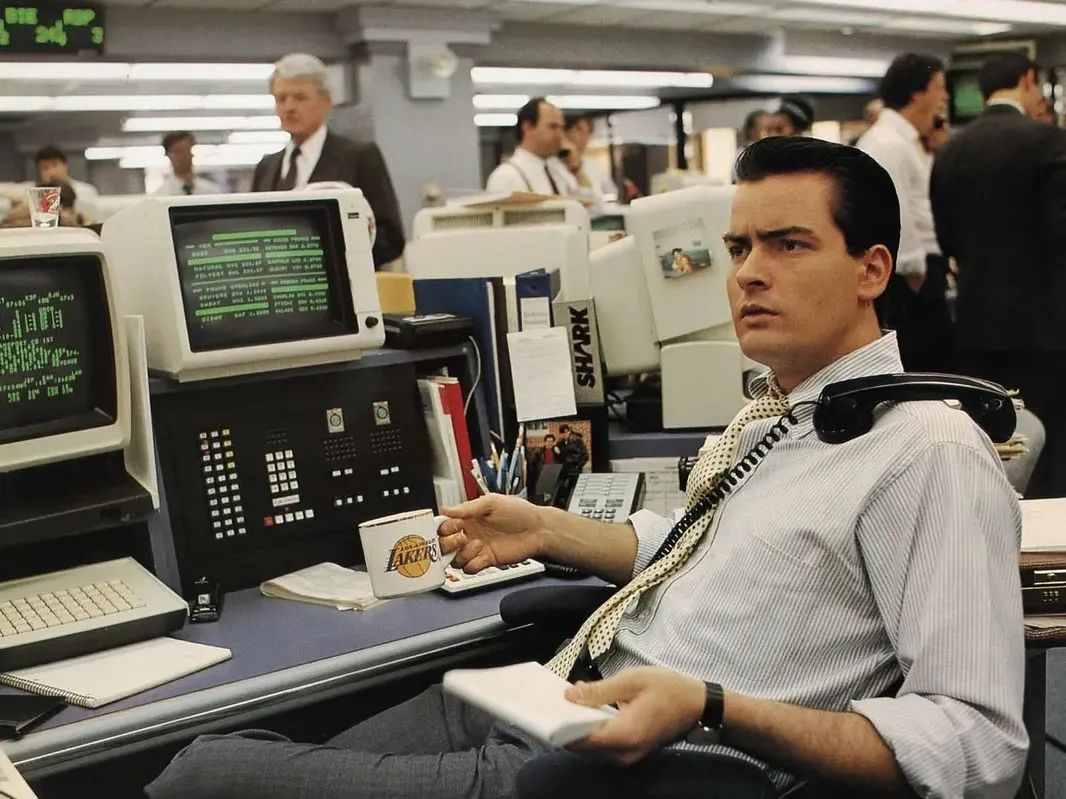Introduction
In today’s fast-paced and volatile stock market, many individuals are enticed by the allure of making quick and substantial profits. However, the reality of full-time stock trading is often far from the dream of becoming the next Warren Buffett. This cautionary tale follows the journey of a 27-year-old individual who, after five months of full-time stock trading, experienced a nearly 50% loss in their stock portfolio. The story sheds light on the challenges, emotional toll, and harsh realities of pursuing a career as a full-time stock trader.
The Illusion of Freedom: Leaving a Job for Stock Trading
In May of this year, the protagonist of our tale made the decision to leave their job and try their hand at full-time stock trading. Dissatisfied with their previous work environment and fueled by the belief that they could become the next stock market success story, they embarked on this new venture with high hopes and a capital of 200,000 CNY.
The individual’s initial experience in the stock market was discouraging, as their first stock purchase resulted in a loss. However, undeterred by this setback, they continued to follow stock recommendations from popular online figures, hoping to ride the wave of profitable opportunities. While some of these investments yielded positive returns, a friend’s cautionary tale about a stock market training program scam served as a wake-up call. Realizing the risks involved, the individual decided to rely on their own analysis and recommendations from fellow traders.
The Roller Coaster Ride: A Series of Losses
The stock market, like any other market, experiences trends and fads. The protagonist found themselves caught up in the hype surrounding artificial intelligence (AI) stocks and, against their initial reservations, decided to invest. Unfortunately, their timing was off, and they entered the market just as the AI trend was fading. The individual’s investment in an AI-related stock quickly plummeted, resulting in a significant loss.
Undeterred by this setback, the individual turned to short-term trading strategies, often participating in post-market analysis sessions with fellow traders. Together, they would identify stocks that experienced daily price limits and analyze their patterns and market sectors. Despite their efforts, the individual’s trading endeavors continued to result in losses, leading to frustration, sleepless nights, and a sense of helplessness.
The Psychological Toll: Fear, Greed, and Desperation
As the losses piled up, the individual’s mental state deteriorated. The initial anxiety soon turned into sleepless nights, irritability, and a sense of being overwhelmed. The fear of missing out on potential profits led to impulsive and irrational decisions, further exacerbating their losses. The individual’s focus shifted from careful analysis to desperation, resulting in a distorted and unhealthy approach to trading.
The combination of unemployment, financial pressure, and the constant need to make up for losses created a toxic environment. The individual’s once-passionate pursuit of stock trading turned into a soul-sucking and relentless cycle of buying and selling, hoping for a reversal of fortune. The constant losses and the accompanying emotional roller coaster took a toll on their mental well-being.
The Awakening: Accepting Reality and Moving Forward
In mid-August, faced with mounting losses and a personal heartbreak, the individual took a week-long break from trading. Upon their return, they were met with a harsh reality: many of their stocks had plummeted even further during their absence. At that moment, their confidence in value investing shattered. They realized that the stock market was not the right path for them.
In September, the individual found employment in the technology industry, finally escaping the clutches of the stock market. Reflecting on their experience, they recognized the dangers of overtrading, the psychological toll of constant losses, and the importance of maintaining a stable income. They also acknowledged the pitfalls of relying on stock market training programs and the need for independent analysis.
Lessons Learned: The Harsh Realities of Full-Time Stock Trading
The protagonist’s story serves as a cautionary tale, highlighting the harsh realities of full-time stock trading. While some individuals may find success in the stock market, the vast majority are driven by the hope of overnight wealth, which often leads to irrational decision-making and substantial losses. The allure of quick profits can cloud judgment, causing individuals to neglect proper research, risk management, and emotional well-being.
The individual’s experience also emphasizes the detrimental effects of unemployment and financial pressure on stock trading. Without a stable income, the psychological burden of trading becomes overwhelming, leading to impulsive and desperate actions. Furthermore, the constant need to make up for losses can trap individuals in a cycle of self-destructive behavior.
Conclusion
The reality of full-time stock trading is far from the glamorous image often portrayed in media and online forums. The protagonist’s journey serves as a reminder that success in the stock market is not guaranteed, and the pursuit of quick profits can lead to financial ruin and emotional distress. Value investing, independent analysis, and a stable income are crucial elements for those considering a career in stock trading.
While the stock market may hold the potential for substantial gains, it is essential to approach it with caution, realistic expectations, and a well-rounded understanding of the risks involved. The protagonist’s decision to leave the stock market and find stable employment reflects the importance of recognizing one’s limitations and making sound financial choices. Ultimately, the lesson learned is that full-time stock trading is not for everyone, and it should be approached with careful consideration of the potential risks and sacrifices involved.



